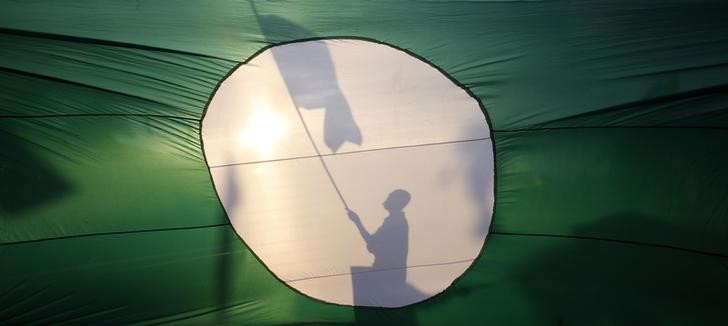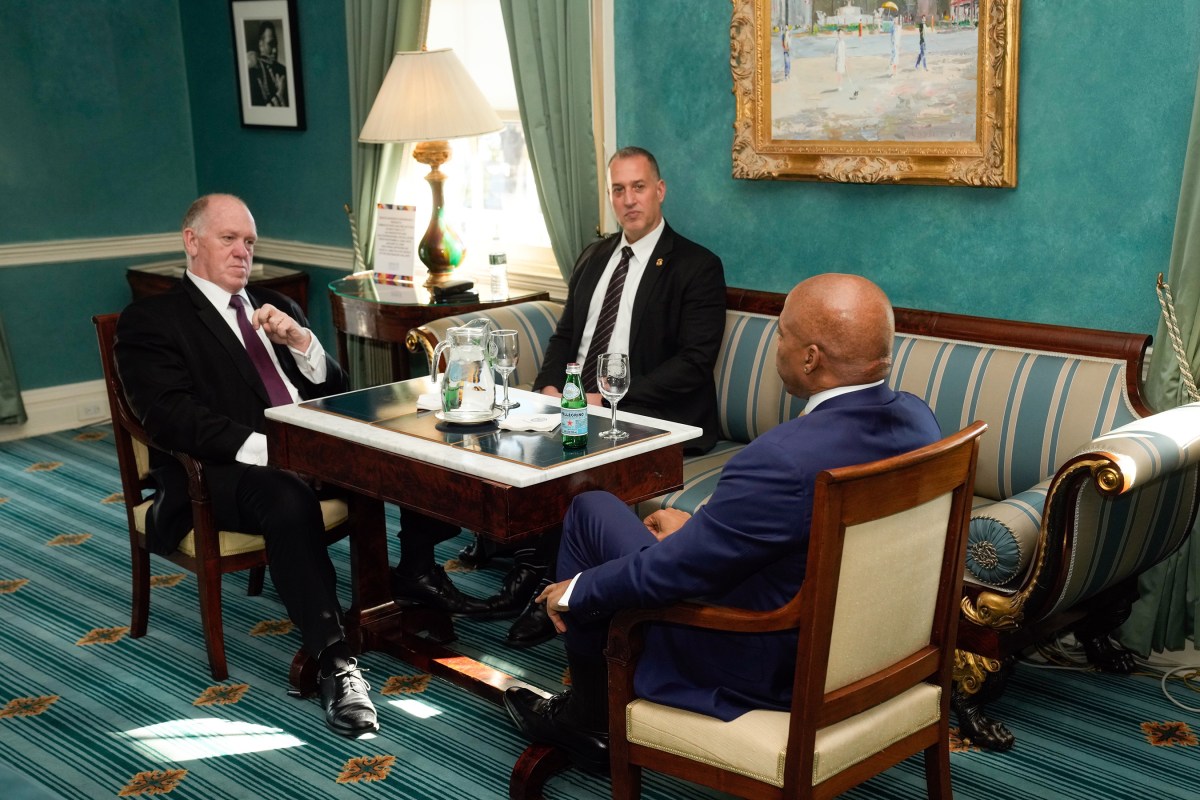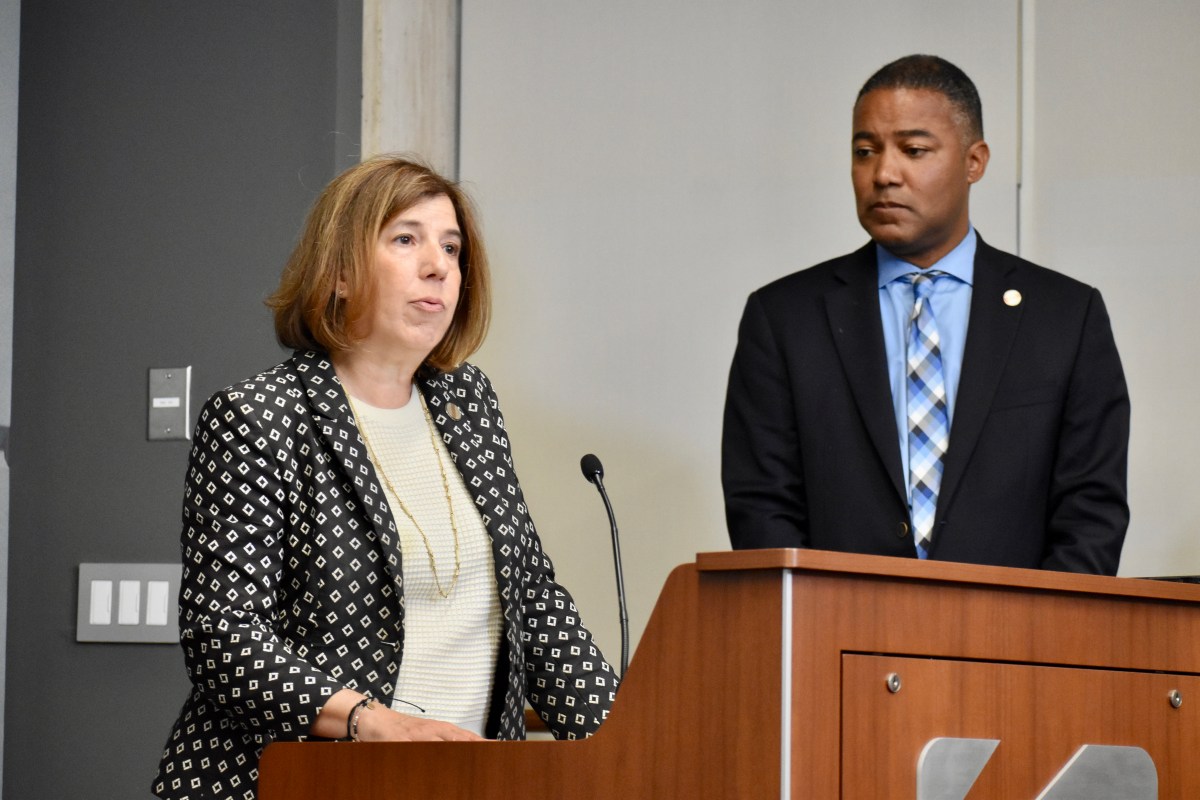By Joseph Sipalan and John Chalmers
KOTA BHARU, Malaysia (Reuters) – The outcome of next month’s election in Malaysia may hinge on the performance of a party that has strived for decades to turn the country into an Islamic state and enforce harsher penalties on Muslims for adultery, theft and drinking alcohol.
Parti Islam se-Malaysia (PAS) is hopeful that it can win 40 of parliament’s 222 seats, enough to place it in the position of kingmaker. With the balance of power, it would be able to make policy demands as its price for supporting either Prime Minister Najib Razak, or the opposition alliance trying to oust him.
Even if PAS falls short of its ambitions, it is still likely to play a decisive role by dividing the opposition vote, handing a massive advantage to Najib’s Barisan Nasional (BN) coalition.
If PAS does hold sway over the next government, some political analysts say it could stoke divisions in multi-ethnic, Muslim-majority Malaysia. The government could come under pressure to further entrench affirmative-action policies that favor ethnic Malays in business, education and housing, and to strengthen Islamic courts, they say.
Muslims, the majority of whom are ethnic Malays, make up about 60 percent of Malaysia’s population of 32 million. Ethnic Chinese and Indians, who are Buddhist, Christian or Hindu, account for most of the rest.
PAS President Abdul Hadi Awang says if he holds the balance of power after the election, he will insist the government makes Islam central to its policies.
“We want to introduce Islam as a political, economic and social agenda,” Hadi told Reuters at the PAS headquarters in Kuala Lumpur, saying he was confident of winning 40 seats and “possibly even more”.
However, few outside PAS believe the party will emerge from the May 9 election with the clout it is counting on, even if the Islamic conservatism it espouses has become more widely followed in Malaysia since the 2013 election, when it won 21 seats.
One reason for the bleak outlook is a split in PAS in 2015 that led to the creation of a breakaway group, Amanah, a more progressive Islamic grouping that is likely to siphon votes away from the parent party.
There are few reliable opinion polls in Malaysia but two political consultancies told Reuters they see PAS winning no more than 10 seats.
MISSED OPPORTUNITY
Most analysts tip Najib to win despite a corruption scandal that has dogged him since 2015, resentment over higher living costs and a challenge from former leader Mahathir Mohamad, a 92-year-old who commands respect among many Malaysians and heads the main opposition alliance.
PAS quit that alliance three years ago. One of its lawmakers conceded that by creating three-way contests for seats, the opposition had squandered a chance to exploit the government’s troubles.
“The opportunity to change Malaysia has been missed and we, the opposition, are the culprits,” said Nik Mazian Nik Mohamad, a lawmaker in the north-eastern state of Kelantan, where PAS has ruled for the past 28 years.
Since it was founded in 1951, PAS has swung between moderation and fundamentalism, taking its cue in the 1980s from the Iranian revolution to press for the establishment of an Islamic state. Today, it portrays itself as a party committed to fighting poverty and corruption.
But, under Hadi, it has also pushed for the power of sharia courts to be expanded and for parts of a strict penal code to be incorporated into the existing Islamic legal system in Kelantan.
Islamic law is implemented in all Malaysian states but is restricted to family issues like divorce and inheritance, as well as sharia crimes involving Muslims, such as consuming alcohol and adultery. Criminal cases are handled by federal law.
Hadi has proposed amending federal regulations to broaden the powers of the sharia court in Kelantan, giving it the authority to order punishments of up to 100 lashes of a cane.
Some PAS members say sharia law provides for more severe penalties, but there is no sign the party is pushing for that.
A practicing surgeon who met Reuters at a scruffy food court in Kelantan’s capital, Kota Bharu, Nik Mazian said that amputation of a hand is the appropriate penalty for theft.
“It sounds barbaric, but that’s the way to stop stealing,” he said, grinning broadly.
“ONLY MUSLIM PARTY”
PAS has put its stamp on Kota Bharu over decades of rule. A down-at-heel town with Islamic-style architecture and signs in Jawi, an Arabic script used for the Malay language, nightclubs and cinemas are banned here, and there are separate public benches for men and women.
But it faces a battle with Najib for its bastion in state assembly elections that will also be held on May 9.
Najib was chief guest at a recent groundbreaking ceremony for a rail line that will link agriculture-dependent Kelantan to the more prosperous west coast, part of his push to woo Malay votes away from PAS.
Ibrahim Suffian, director of independent polling firm Merdeka Center, said it is “highly likely” that PAS will lose control of the Kelantan assembly to Najib’s party, the United Malays National Organisation (UMNO).
Wan Abdul Rahim Wan Abdullah, a local leader of the breakaway Amanah party, says PAS has done little to lift Kelantan out of poverty and will pay the price on election day.
“I’m sorry to say that they know how to read the Koran … but they don’t have any expertise in governing,” he said.
But Mustapa Mohamad, the country’s trade minister and a close ally of Najib who is leading UMNO’s assault on PAS in its stronghold, said it would be a mistake to underestimate the support the Islamic party enjoys in Kelantan.
“I do not want to dismiss them or discount them,” he said in an interview in Kota Bharu, which is already festooned for the election with PAS flags, a white full moon on a green field.
“I’ve never taken them lightly because in the villages … PAS is a religion. For them, PAS is the only Muslim party.”
(Editing by Raju Gopalakrishnan)


























